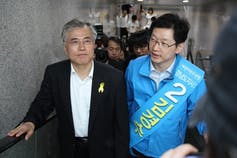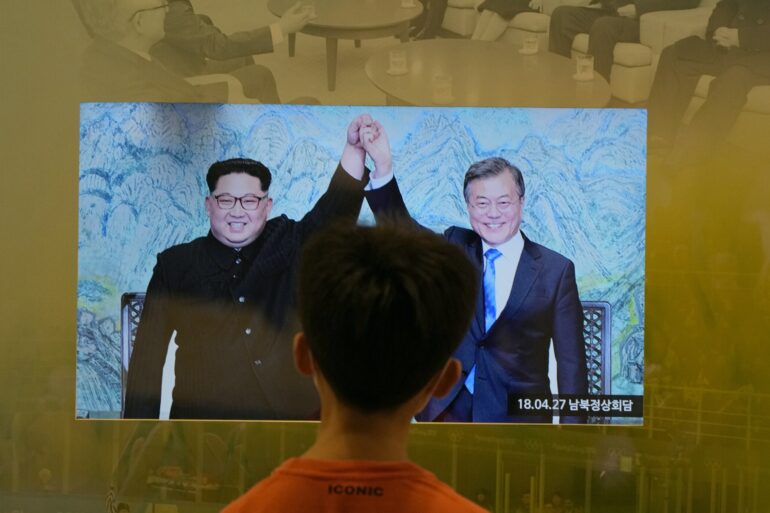Disinformation, the practice of blending real and fake information with the goal of duping a government or influencing public opinion, has its origins in the Soviet Union. But disinformation is no longer the exclusive domain of government intelligence agencies.
Today’s disinformation scene has evolved into a marketplace in which services are contracted, laborers are paid and shameless opinions and fake readers are bought and sold. This industry is emerging around the world. Some of the private-sector players are driven by political motives, some by profit and others by a mix of the two.
Public relations firms have recruited social media influencers in France and Germany to spread falsehoods. Politicians have hired staff to create fake Facebook accounts in Honduras. And Kenyan Twitter influencers are paid 15 times more than many people make in a day for promoting political hashtags. Researchers at the University of Oxford have tracked government-sponsored disinformation activities in 81 countries and private-sector disinformation operations in 48 countries.
South Korea has been at the forefront of online disinformation. Western societies began to raise concerns about disinformation in 2016, triggered by disinformation related to the 2016 U.S. presidential election and Brexit. But in South Korea, media reported the first formal disinformation operation in 2008. As a researcher who studies digital audiences, I’ve found that South Korea’s 13-year-long disinformation history demonstrates how technology, economics and culture interact to enable the disinformation industry.
Most importantly, South Korea’s experience offers a lesson for the U.S. and other countries. The ultimate power of disinformation is found more in the ideas and memories that a given society is vulnerable to and how prone it is to fueling the rumor mill than it is in the people perpetrating the disinformation or the techniques they use.
From dirty politics to dirty business
The origin of South Korean disinformation can be traced back to the nation’s National Intelligence Service, which is equivalent to the U.S. Central Intelligence Agency. The NIS formed teams in 2010 to interfere in domestic elections by attacking a political candidate it opposed.
The NIS hired more than 70 full-time workers who managed fake, or so-called sock puppet, accounts. The agency recruited a group called Team Alpha, which was composed of civilian part-timers who had ideological and financial interests in working for the NIS. By 2012, the scale of the operation had grown to 3,500 part-time workers.

South Korean President Moon Jae-in (left) campaigning in 2014 for Kim Kyoung-soo (right), who became governor of South Gyeongsang Province in 2018 but was subsequently convicted of opinion rigging.
Udenjan/WikiCommons, CC BY
Since then the private sector has moved into the disinformation business. For example, a shadowy publishing company led by…



